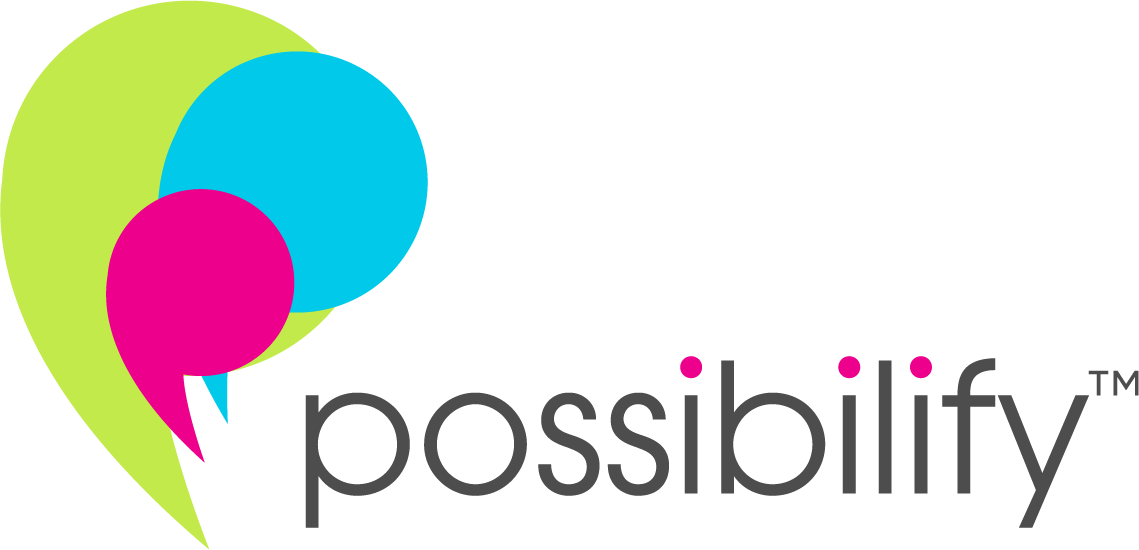- Anti-Racism Tip #7: Speaking Up: Five Tips to Call Out Offensive Comments at Work - July 20, 2021
- Glimpsing the Teenaged Mind During Family Walks - February 2, 2021
- Trauma Recovery: 4 Tips to Find Your Way Through the Muck - September 29, 2020
Have you ever had a job or a set of responsibilities that you just weren’t good at? You tried and tried, but it just didn’t click?
When I was in this situation, it was frustrating.
I’m smart. I’m willing to do the work, but no matter what I tried, I just didn’t get it. If you have ever had this experience, maybe you were in the same situation I was in: you weren’t being asked to flex your built-in muscles and use your strengths!!
The Struggle is Real
One of the things I’ve always struggled with is financials. Not the tracking, adding and subtracting parts but the “so what?” and “what does this mean?” parts. I’ve tried different things to improve this. I’ve taken self-study courses and read up on financial statements. My husband has his MBA in Finance, so he gets to be my very patient “phone a friend”. I end up asking him to re-explain things to me (like Market Cap).
For whatever reason, my brain doesn’t like this stuff and it goes in one ear and out the other. If you ask me what Market Cap is right now, I’d ask my husband.
Asking for Help
My current project is big and complex. I am responsible for the overall financial health of the project, and I was finding it really stressful. So I asked for help. I said, “in order to be successful, I need a strong finance team”. And thankfully, I got one.
As it turns out, my delivery lead and I both needed to learn more about this area. As a result, we have a standing meeting with the finance team every morning.
While the frequency might seem excessive, as things have been getting more routine, we haven’t needed to meet every day. This approach has been awesome – it has had so many benefits:
- The finance team are able to share their knowledge with us
- We have been able to learn a ton about how our company manages financials
- Our project’s financial results have been outstanding
- We have a close relationship with a great team of financial professionals
- We’ve expanded our network and giving us outstanding “phone a friend” options
- Personally, I’m gaining understanding and confidence in managing financials
The key to this working so well for me is that I told my finance team right up front: “this isn’t my area of expertise, so I’m going to ask a lot of questions, and you’ll probably have to re-explain things to me.”
I thought it was important to let them know this up front because I’m a senior leader and sometimes when managers ask a lot of questions, people can feel defensive about their work. They can feel like they are being questioned about the quality or completeness of their work.
So I wanted them to know that I’m relying on their strengths and expertise to help us all be successful and also to help me learn.
The Shift to Strengths
In the past, we used to try to get everyone to be good at everything. You need to show you can do A and B and C and D… While most people can do most things, each person will really stand out in certain areas more so than other people.
Recently, we’ve begun focusing on understanding an individual’s strengths when building and forming a team. This change means that we try to put people in roles where they’re pulling on their built-in muscles, the things that come more naturally to them, rather than trying to force fit each person into a single mode.
Understanding Each Individual
To organize work in this way, it’s more effort for leaders and managers. You have to get to know each person individually. You have to understand what they think they are good at, and also understand what they are actually good at. (And it’s important to realize that there can be a significant difference between these two things).
Here are some examples:
- I have a woman on my team who is really good at managing a project plan – she is just exceptional in this area. She wants to branch out and do other things too, but when push comes to shove, and we need someone to help us drive the activities to the plan, we turn to her time and time again.
2. One of the men I work with is excellent at taking an idea, and turning it from a concept into a meaningful point of view. He’s good at lots of other things too, but this is one area where he excels and time and time again, we turn to him to help us in this space.
3. I have another woman on my team who is really good at understanding complex technology solutions. Even though it’s not her role on the project, when we run into these types of problems, she’s the first person we want to put in the room to help sort it out.
4. Another of my male colleagues connects the dots really effectively. He loves to learn and research and understand what’s going on and he can spot the upcoming trends and where we need to be positioning ourselves way ahead of the competition.
Each of these people bring their particular built-in skills to help us succeed as a team and without their individual, important contributions we would not be as effective.
Using Your Strengths
At work, we are using Gallup StrengthsFinder to understand our strengths. My top 5 are: Achiever, Input, Deliberative, Arranger, Intellection. In a nutshell, this means:
- Achiever: I like to get things done.
- Input: I like to get inputs from those around me (this can be good or bad – more on this another time).
- Deliberative: I like to think things through before I act.
- Arranger: I can track and sort multiple things going on at the same time – it’s like a puzzle in my head and I’m good at arranging all the pieces.
- Intellection: I like to learn and use my brain.
This system ranks your strengths for you so it also tells you what falls to the bottom of the list. For instance, charming people effortlessly – they call this one “Woo” – is near the bottom of my list. It doesn’t mean I can’t charm people, but it does mean that I have to be intentional about it and it’s work for me to put that charm on.
My sister Rachel has amazing enthusiasm and positivity. She’s fearless and tries new things. She can charm people she’s just met – Woo is in her top 5. She is fascinated by health and wellness. She’s not as good at tracking and managing all the details, and she wouldn’t enjoy a job where that was her primary focus.
My sister Kirsten is extremely disciplined. She has a multitude of ideas and always has a ton of projects on the go: scheduling and organizing her life using rules is a very effective method for her productivity. Perseverance is her top strength. She’s not good at letting things go or doing nothing – if she found herself with time on her hands, she’d fill it up – so relaxing and taking time to just enjoy life would be tough for her.
Want to give it a try?
Like any tool, understanding strengths is useful. Obviously, you have to take all of these types of tools with a grain of salt. But if you’re interested in learning more, check out this free strengths assessment.
See what it tells you about your strengths, and see if you feel like you’re set up to use your strengths in your various roles in life. The more you can pull on your strengths and flex your built-in muscles, the easier it will be to create success in your life.
We’re always interested in your thoughts and comments. Please drop us a line below!
If you liked this article, check out:


Recent Comments